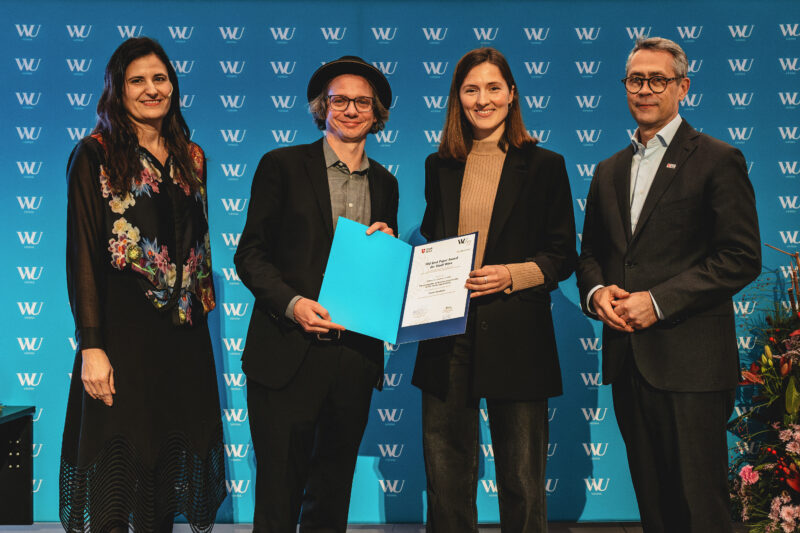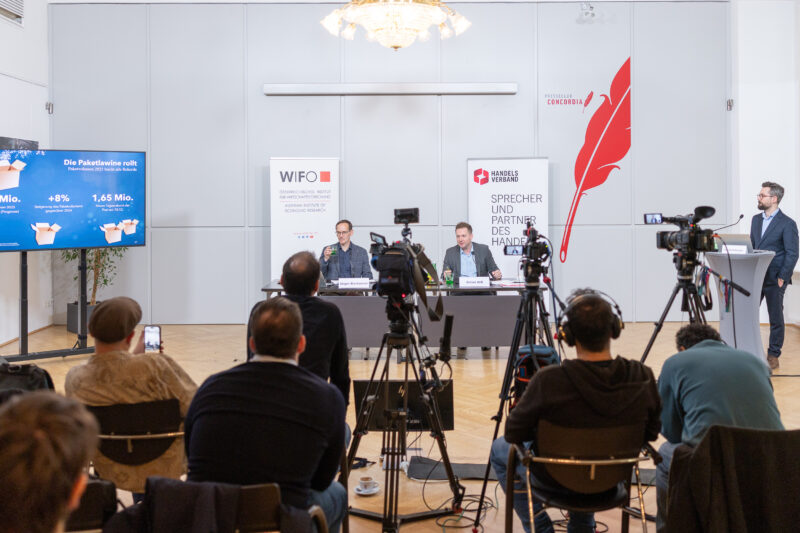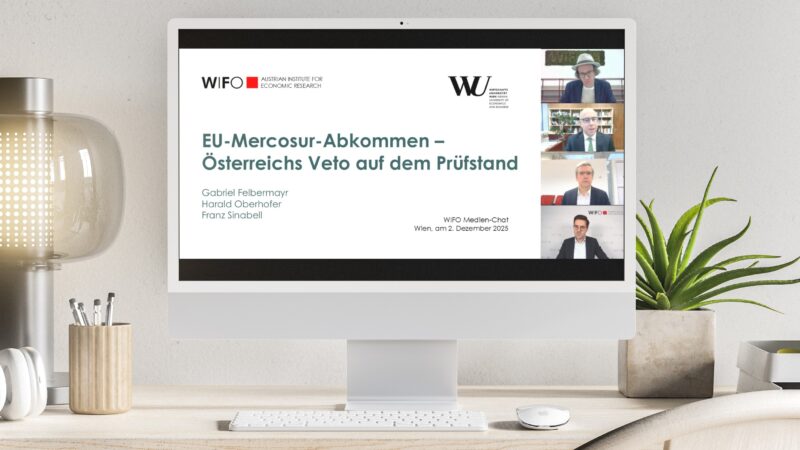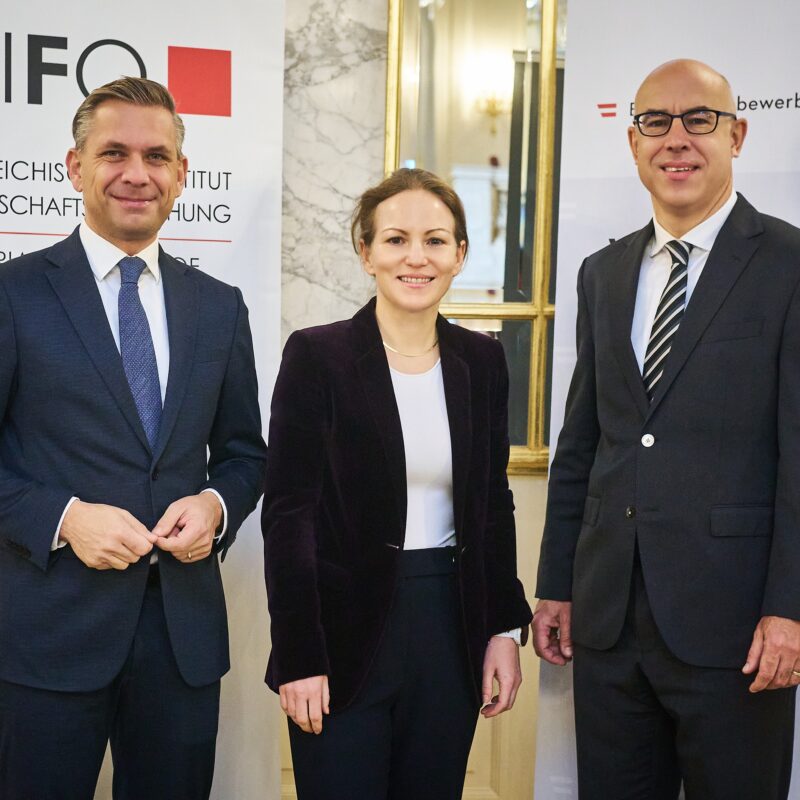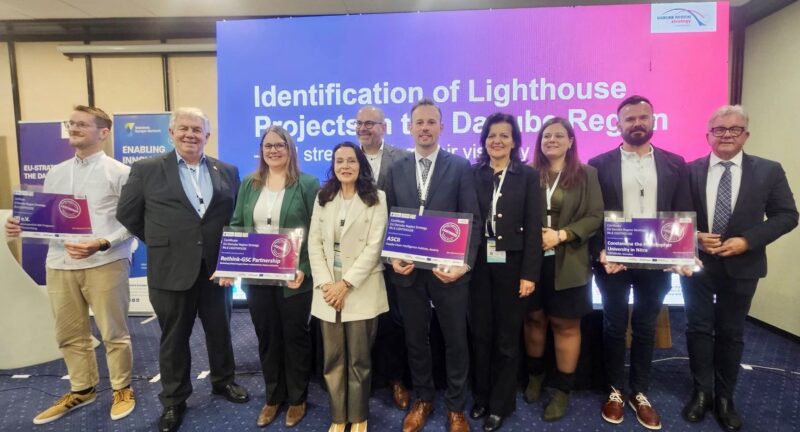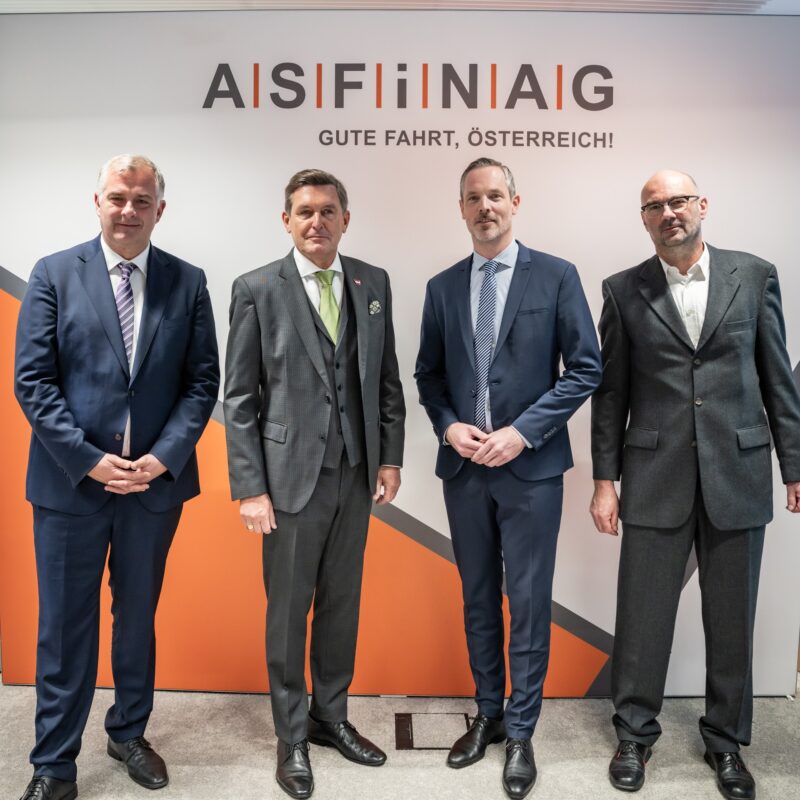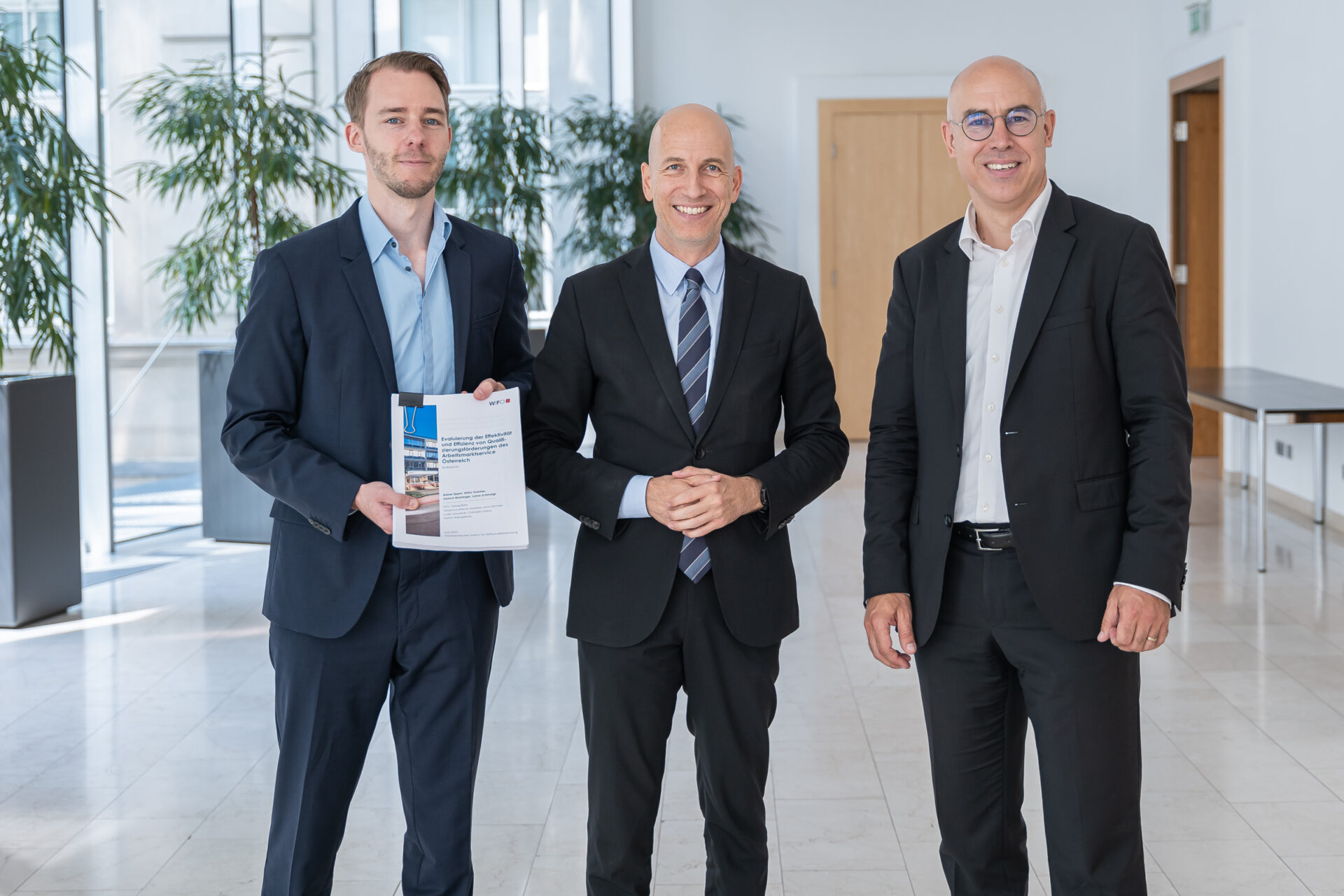
Qualification Measures of the AMS
The evaluation focuses on the causal effects of qualification programmes in the years 2013 to 2017 on labour market integration and income of the participants in the six years after programme start.
The study shows that on average, all of the evaluated measures have a positive effect on the individual labour market participation and employment opportunities of the supported unemployed. The participants withdraw less frequently from the labour supply for reasons such as discouragement or early retirement and are significantly better integrated into employment in the long term.
However, not all courses are the same. The measures set up by the AMS are extremely heterogeneous, both in their design and in their effect. Longer-term, specialist qualification with substantial strengthening of competences has a particularly strong effect. This applies both to education and training offered by external training providers on behalf of and financed by the AMS and to course cost subsidies with which the AMS supports participation in courses on the free education market.
The results also suggest an increased use of targeted, workplace-oriented qualification for specific jobs, because the instruments of "Workplace-oriented qualification – AQUA" and especially the "Implacement Labour Foundations", which have been used less frequently so far, significantly increase the reintegration chances of jobseekers and can help to overcome bottlenecks in qualified personnel.
Vocational orientation, basic qualification and training also clearly improve the employment prospects of those supported. Only courses to support job search ("Active Job Search") have only a weak effect on future employment opportunities. This instrument has already been used less frequently in recent years and could be used even more selectively.
In a comparison by training content, occupation-related qualifications have the greatest employment effect, such as training in the technical-industrial sector, in office and administration and in the health and social sectors. Consequently, the increased use of specialist qualifications in promising employment areas such as MINT, climate protection, health, elderly care, and early childhood education is recommended.
According to the study, success factors are the transfer of technical competences, more intensive or longer training, workplace-orientation, cooperation with companies and the combination of employment and qualification. Furthermore, the longer-term, strategic planning of training offers is important, as the above-average reintegration effects of courses in AMS-supported and exclusively used training centres suggest.
The more than 15 subgroups of unemployed persons considered in the study benefit from AMS qualification support, but not all to the same extent. It is noticeable that more disadvantaged groups benefit from AMS courses – e.g., persons aged 45 and over or with health restrictions and as well as with little formal education. Accordingly, qualification measures should be used in a target group-oriented manner but should also continue to benefit unemployed people with fewer labour market opportunities in particular.
Publications
Please contact







